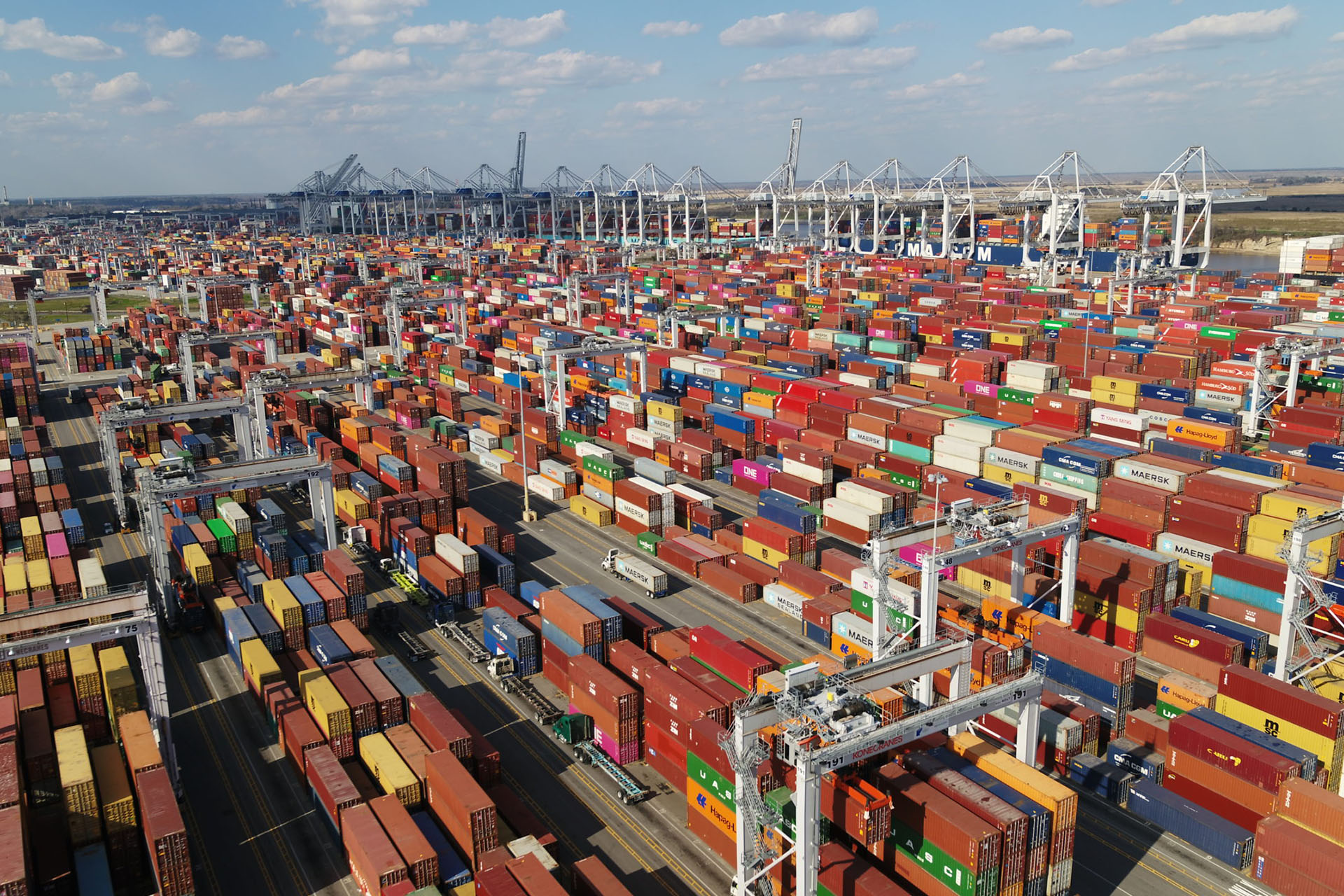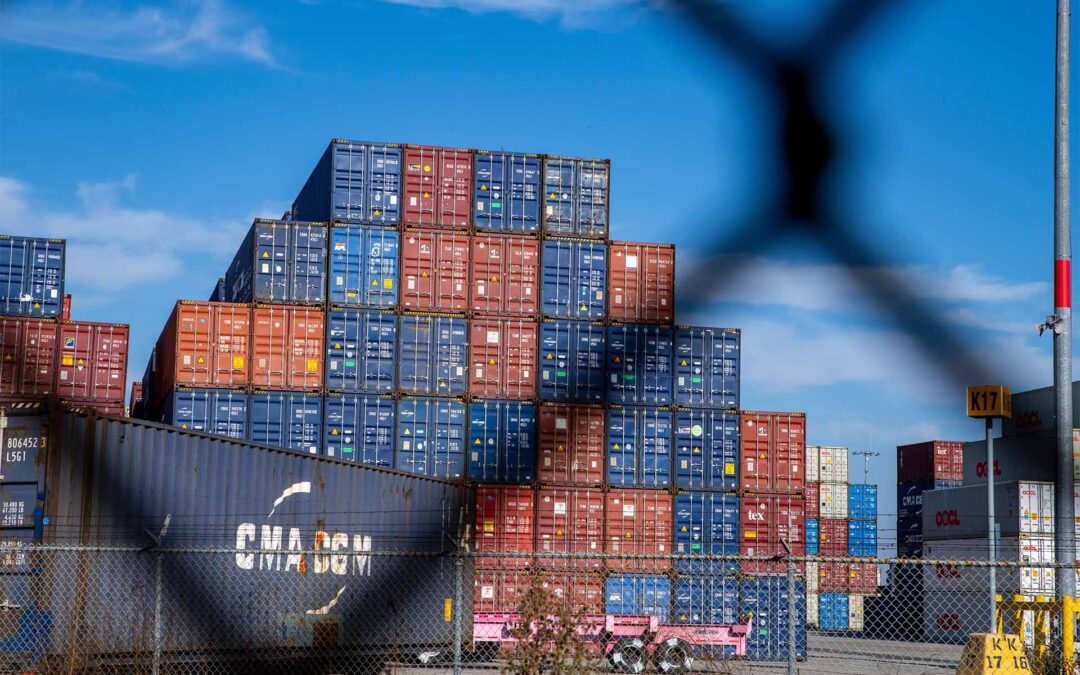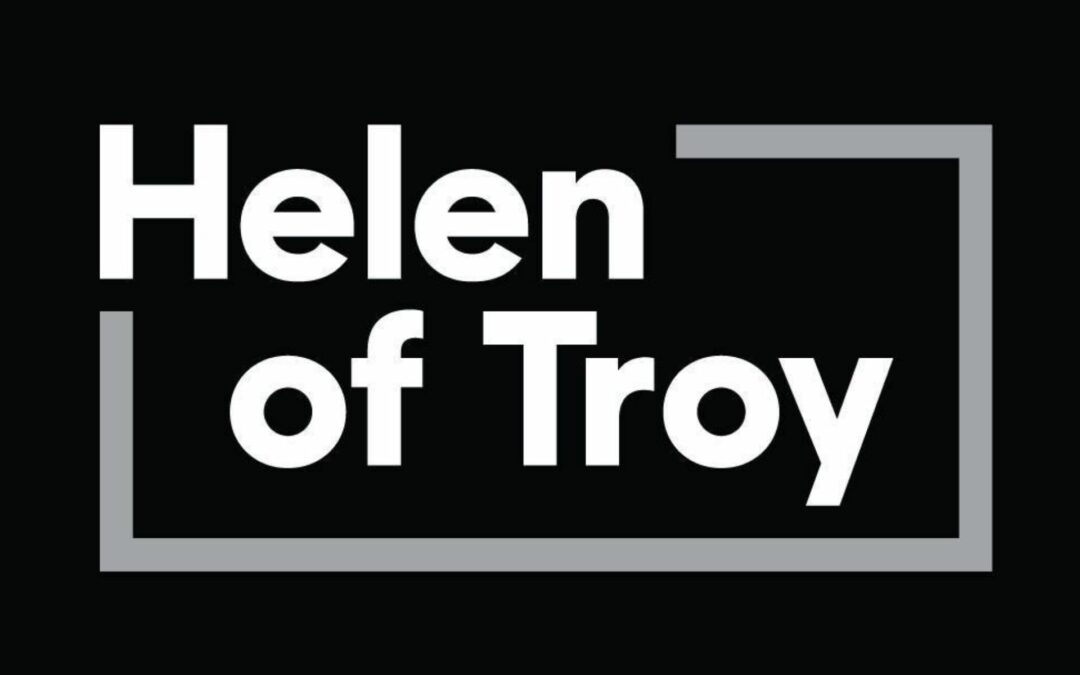This article was updated following a pair court rulings on Thursday related to lawsuits contesting Trump administration tariffs.
A federal appeals court on Thursday granted the Trump administration’s request to pause a lower-court ruling blocking most tariffs imposed this year by the White House.
A three-judge panel for the U.S. Court of International Trade, responding to lawsuits, unanimously ruled on Wednesday evening President Donald Trump doesn’t have unilateral authority under the 1977 International Emergency Economic Powers Act (IEEPA), as he claimed, to impose sweeping tariffs based on emergency declarations related to illegal drug (Fentanyl) smuggling and alleged trade imbalances. The trade court said the U.S. Congress has exclusive constitutional authority for such tariffs.
The Trump administration immediately filed an appeal with the U.S. Court of Appeals for the Federal Circuit in Washington D.C., saying it would seek emergency relief from the U.S. Supreme Court if the tariff ruling wasn’t paused. The appeals court ruled the trade court judgment is “temporarily stayed until further notice while this court considers the motion’s papers.”
Plaintiffs in the lawsuits contesting the Trump tariffs were given until June 5 to respond to the administration’s request for the trade court ruling to be suspended during the entire appeal process, according to reports. The White House will have until June 9 to prepare its reply.
The trade court, in its judgment on Wednesday, gave the Trump administration 10 days to formally rescind tariffs determined to be unlawful by the lower court. Collection of those tariffs remains in force pending further action by the appeals court.
The tariffs blocked by the trade court ruling include the following:
- Reciprocal tariffs of varying values imposed in early April by the Trump administration on nearly all goods from dozens of countries. Those tariffs subsequently were reduced across the board to 10% for a 90-day negotiation period set to expire in July. Trump threatened last week to impose a 50% tariff on goods from the E.U., but he postponed that decision for a month, citing renewed E.U. interest in negotiating a trade deal.
- The 20% retaliatory tariff on Chinese imports imposed in February and March by Trump, citing his desire to curb the flow of Fentanyl into the U.S.; plus a temporarily reduced 10% reciprocal tariff on Chinese imports. The cumulative 30% tariff on Chinese goods became effective May 14 as part of a 90-day reduction of the 145% tariff on Chinese goods imposed in April by Trump.
- The 25% tariff on certain Mexican and Canadian imports that were imposed by Trump, citing the flow of illegal drugs into the U.S.
The U.S. trade court ruling does not block 25% tariffs on aluminum and steel imports imposed this year by the White House, citing Section 232 of the Trade Expansion Act of 1962, which allows the President to impose tariffs on imports deemed a threat to national security.
The White House could pursue alternative paths to additional tariffs if the higher courts uphold the ruling that Trump doesn’t have the authority to impose tariffs under IEEPA, according to reports. The trade court, in its ruling, noted the President’s power to impose Section 232 tariffs. The administration could look to impose a new round of tariffs under Section 301 of the Trade Act of 1974, which empowers the U.S. Trade Representative to respond with tariffs to foreign trade practices deemed unfair. Wednesday’s trade court ruling did not nullify 25% tariffs on Chinese imports subject to Section 301 tariffs imposed by the first Trump administration and upheld by the Biden administration. The Trump administration also could attempt to impose tariffs of as much as 15% for as many as 150 days under Section 122 of the Trade Act of 1974 if such duties are in response to substantial trade deficits.
Meanwhile, another federal judge ruled Thursday that Trump doesn’t have authority under IEEPA to imposes tariffs. U.S. District Judge Rudolph Contreras, in siding with a pair of affiliated Chicago-area educational toy companies that sued the Trump administration over the tariffs, blocked five Trump executive orders that imposed tariffs. The judge granted a motion for a preliminary injunction, to be stayed for 14 days, allowing the parties to seek a review by the U.S. Court of Appeals.
There have been reports companies might be able to apply to receive refunds on tariffs paid if the higher courts uphold ruling that the duties are illegal. The trade court order didn’t address possible refunds, and any determination on the matter now likely will have to wait while that ruling is appealed.





